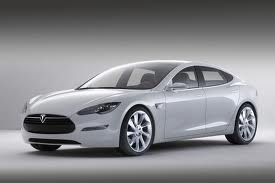
As we all know, most of the world functions from fuel everyday. Without fuel, oil, natural gas, people would not be able to travel, commute to work or buy goods. Imports and exports from countries around the globe would not be dispersed. Sadly, most life on earth would not be able to advance or grow without fuel.
When we think of vehicles, they are the most common way of transportation. We have seen the automobile industry change drastically. Fuel economy has been one of the ways that green house emissions can be controlled. The New York Times states “United States has sought to control greenhouse gas emissions for cars and light trucks, which along with other parts of the transportation sector account for about one-third of the nation’s carbon dioxide emissions.”
From the great deliberation of global warming either being a natural recurrence or a result of our actions on earth the White house has decided to put a plan into action. The New York Times claimed “In August 2012, the Obama administration has issued new rules that require auto manufacturers to increase the average efficiency of new cars and trucks to 54.5 miles per gallon by 2025.” This statement has helped manufactures and people understand that the time has come to take responsibility into our hands. From this new rule many car manufactures will look for new alternate-fuels and ways to transfer the public from popular car manufactures to electric, plug-in, and hybrid cars.
Personally, I believe the step forward that the Government has decided to take is remarkable. If car manufactures in America and globally can corporate with this innovative and sustainable decision this new era of fuel efficient cars will be successful. While converting cars to more efficient ways of energy, we can eventually incorporate other means of transportation into fuel proficiency. This is just another way of how we can save our earth for future generations.
Sources:
http://topics.nytimes.com/top/reference/timestopics/subjects/f/fuel_efficiency/index.html
http://www.fueleconomy.gov/feg/best-worst.shtml